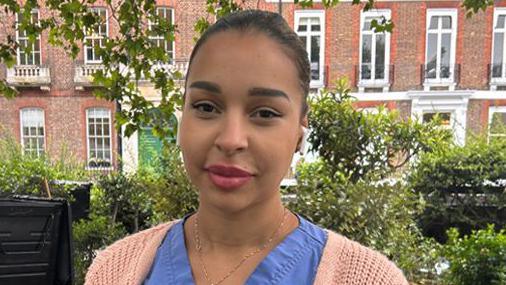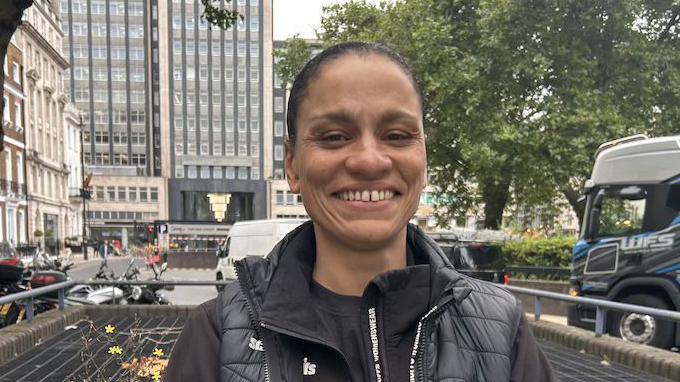No new coins ordered by the Treasury this year

- Published
No new coins are being ordered by the Treasury from The Royal Mint this year in a sign of the declining use of cash.
Following a regular review, officials decided there were already enough coins in circulation.
But a Treasury spokesman stressed that coppers were not being dropped completely. "We are not scrapping 1p or 2p coins," he said.
Figures from UK Finance, the banking trade body, show that 39% of adults are living largely cashless lives, although the number of cash-only spenders - keen to use notes and coins to help budget with stretched finances - rose for the first time in four years.
An estimated 27 billion coins are in circulation in the UK.
The Royal Mint, banks and the Post Office regularly review the amount of coins circulating in the system.
The Post Office, for example, is a heavy user. The Treasury then calculates how many coins are needed and orders new stocks from The Royal Mint, which produces them. Coins are typically in circulation for decades.
"We are confident there are enough coins in the system without the need to order more this year," the Treasury said.
There have been several years when no 2p coins were produced, and 20p coins have also seen various periods without new minting.
No 1p or 2p coins were produced in 2018 and then-Chancellor Philip Hammond launched a consultation on the future of cash.
However, the following year the Treasury said they would continue to be used "for years to come".
However, in November The Royal Mint started producing new designs of £1, 5p and 50p coins, featuring the country's flora and fauna.
Official mintage figures will be published in the coming weeks.

Tia says coins are still important
People out and about in London said they still think there is a future for cash.
“I feel like I’m old school”, said Tia Bailey, 28.
“It feels more secure to have coins,” she said, but added that she would not miss 1p and 2p coins if they were phased out.

Sonia says she collects coins in a jar
Sonia Daley, 46, said she still valued coins and collected them in a jar at home.
“I take it to the machine at the end of the year and it ends up being £70 or £80 worth,” she said.
Mike Pennant, 52, who has two jobs and also collects coins at home in a jar to save money.
Despite this, he sees the benefits of card transactions.
“Card is quicker - coins can be annoying in your pocket - but it’s important to consider the older folks [who use cash],” he said.
Easier to budget
On Wednesday, figures from UK Finance showed that number of people mainly using cash for day-to-day spending hit a four year high during the cost of living crisis.
Some 1.5 million adults mainly used cash in 2023 - marking the first rise since 2019.
UK Finance's head of research Adrian Buckle said: "This is likely to be a reflection of the use of cash to manage a limited budget."
But the data from the banking trade body also showed the majority of young people paid for things using smartphones or watches.
On the same day, the City watchdog, the Financial Conduct Authority confirmed new rules that would require banks and building societies, when considering branch closures, to fill gaps in cash access with measures such as banking hubs, ATMs and Post Office facilities.
Additional reporting by Charlotte McDonald and Emer Moreau